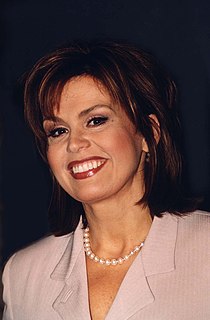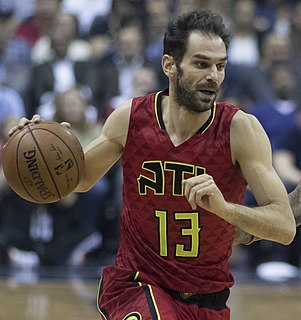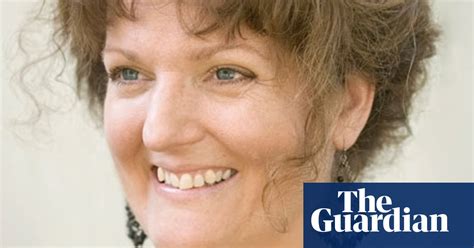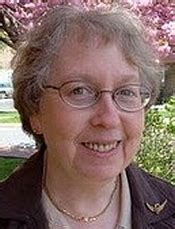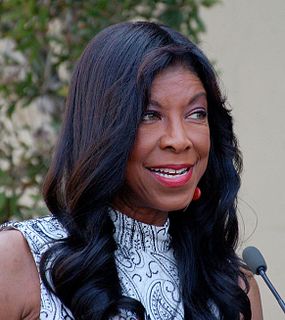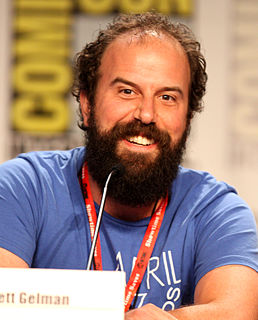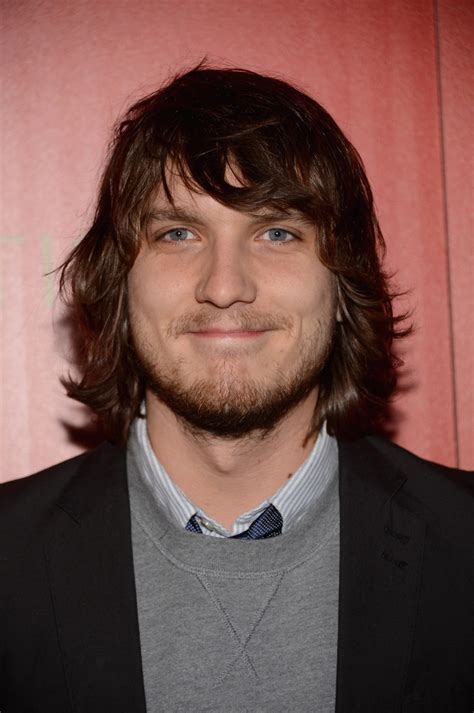A Quote by Marie Osmond
I lost boundaries as a child that I didn't even realize it and it wasn't talked about back then. You know, it was something you just buried and dealt with, and moved forward. What could you do about it?
Related Quotes
She didn't like to be talked about. Equally, she didn't like not to be talked about, when the high-minded chatter rushed on as though she was not there. There was no pleasing her, in fact. She had the grace, even at eleven, to know there was no pleasing her. She thought a lot, analytically, about other people's feelings, and had only just begun to realize that this was not usual, and not reciprocated.
The graphic novel? I love comics and so, yes. I don't think we talked about that. We weren't influenced necessarily by graphic novels but we certainly, once the screenplay was done, we talked about the idea that you could continue, you could tell back story, you could do things in sort of a graphic novel world just because we kind of like that world.
He stepped colser. Looked deep into my eyes. Hesitated a millisecond, and then dove in. "I think I'm falling in love with you." Oh. No. "Cole--" "I know how you feel. About me. About him. I just wanted you to know-we could be good together. We could have a life. Kids. Vacations. On Sunday mornings I could serve you breakfast in bed." He gave me his I-know-you-find-me-irrestible grin. "And then I could make you something to eat.
...when I came back, I found Mom sobbing at the kitchen table...Then I asked her what had happened. 'Nothing,'she said. 'I was thinking about that man...I started thinking about...if he and his wife and their other child are okay, and I don't know. It just got to me.' 'I know,' I said, because I did know. Sometimes it's safer to cry about people you don't know than to think about people you really love.
Something about family and trying to relate it to the movie with, 'Oh, if I was to have a child how many kids do I want?' And 'do I want a boy or a girl?' I didn't realize you could place orders, I honestly didn't realize it was like a drive-through, that you could talk to a little electronic voice.
